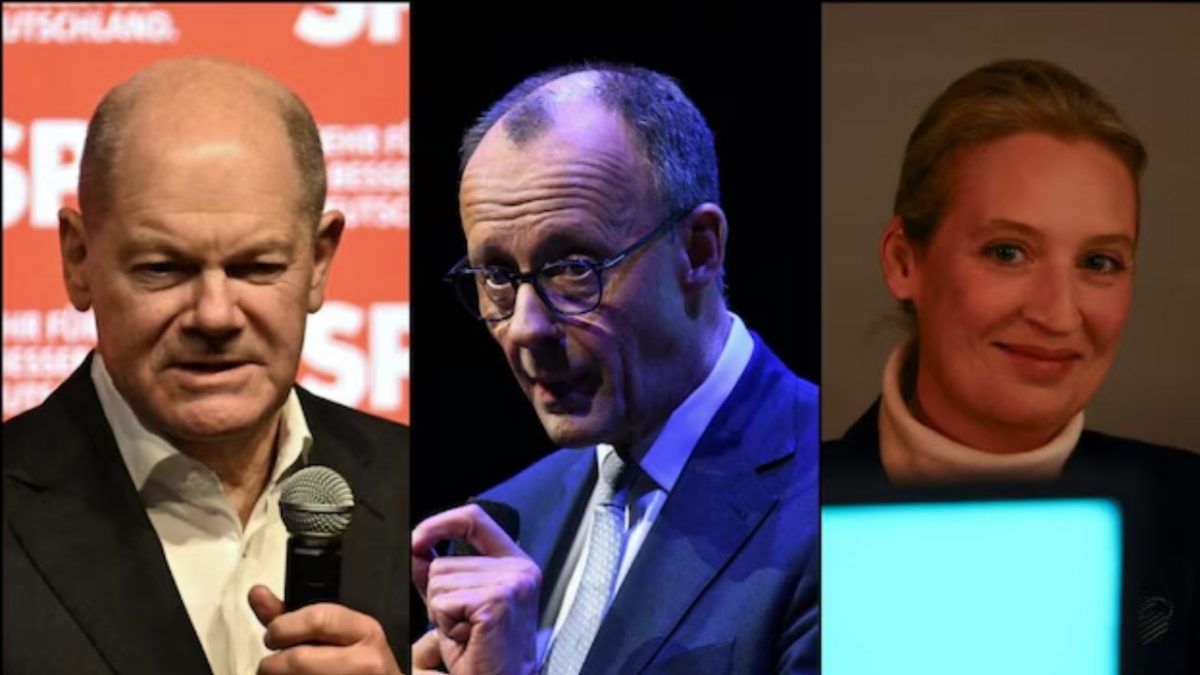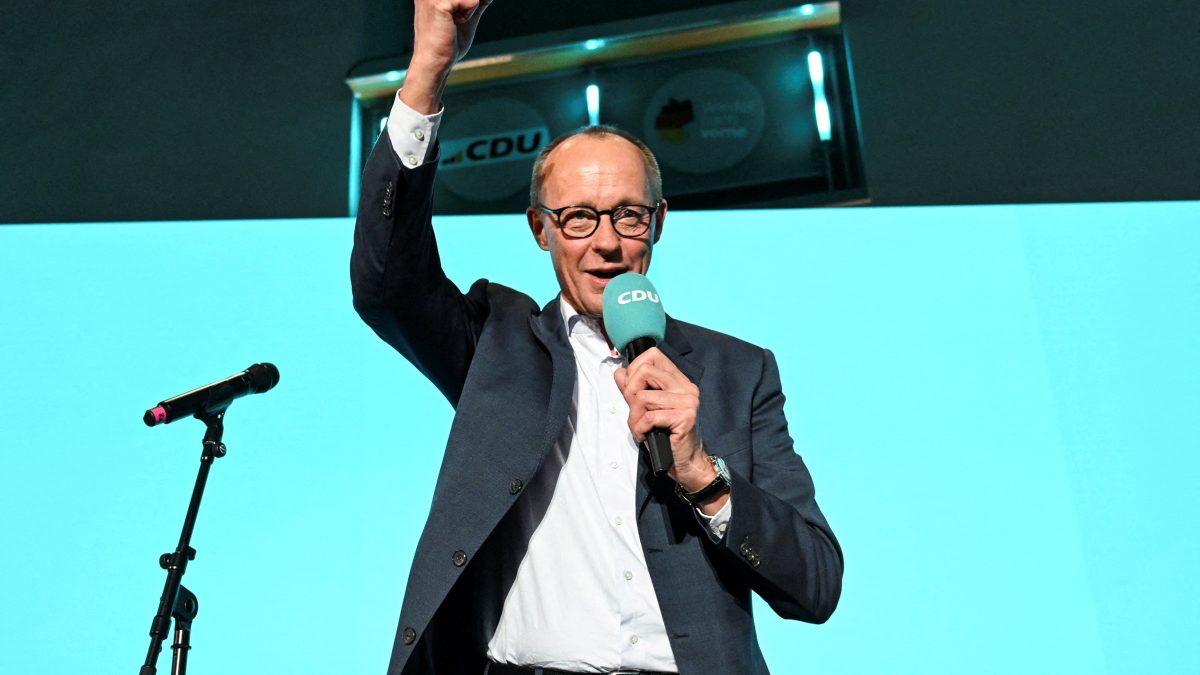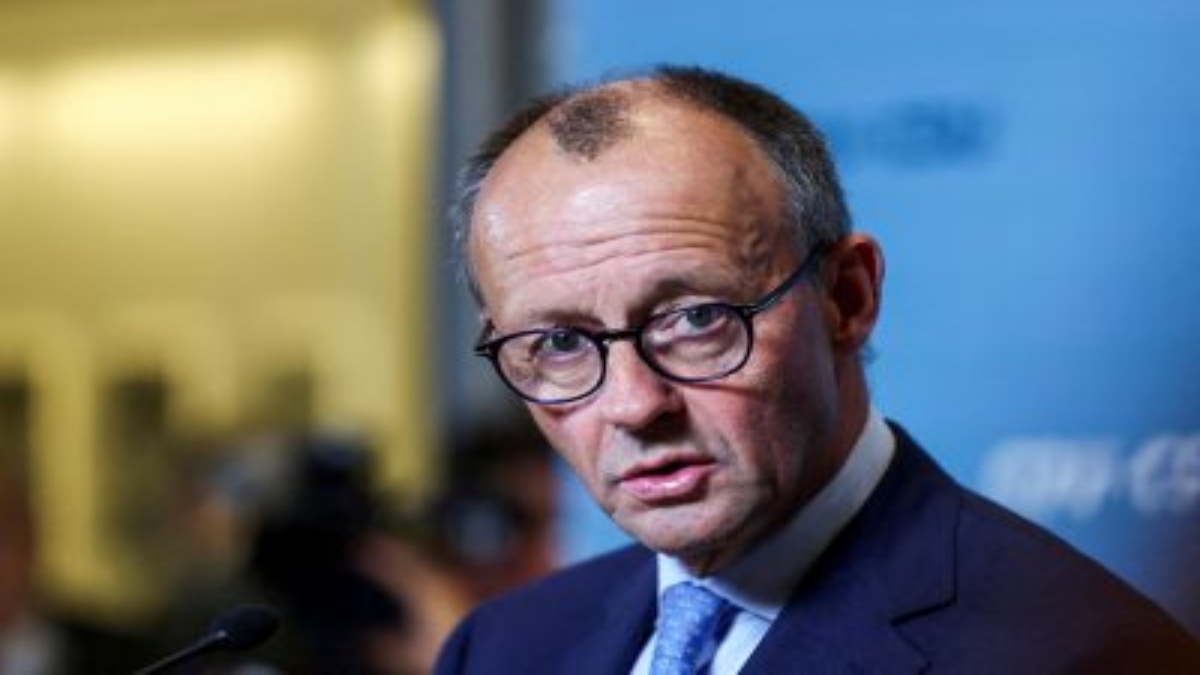Following a fierce election campaign that was dominated by the nation’s struggling economy and a slew of horrific assaults that turned migration and security into a major topic, Germans cast their ballots on Sunday.
Friedrich Merz, the 69-year-old conservative leader, was considered in pole position to become Germany’s next chancellor in a vote that will be carefully monitored in Europe and the US.
He vows to solve most problems in four years, which is a hefty goal for Europe’s largest economy and ageing infrastructure.
If Merz’s Christian Democrats (CDU) win, he will need to form a coalition with at least one other party, most likely Olaf Scholz’s Social Democrats, whose government fell apart late last year.
Before the election, Merz said that no agreement would be reached between Scholz’s centre-left party and the far-right Alternative for Germany (AfD), which is expected to overtake it as the country’s second-largest political force.
59.2 million Germans were eligible to vote, and while millions had already voted by mail, polls show that up to 20 per cent were uncertain before to election day.
The polls opened at 08:00 (07:00 GMT) and ended at 18:00.
This is a watershed moment as Germany will have to make big decisions on the world stage as well as home.


)
)
)

)
)
)
)
)
)
)
)



